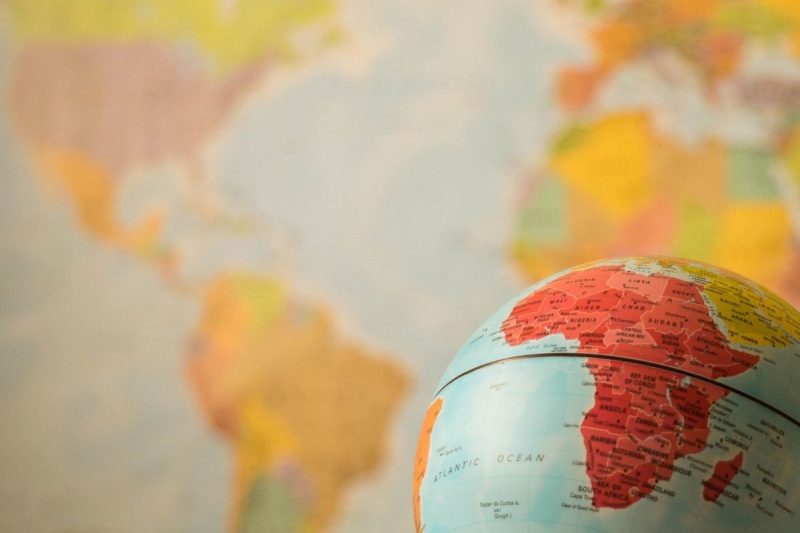Body:
The United Arab Emirates (UAE) has recently been identified as the largest importer of ‘conflict gold,’ predominantly sourced from Africa, as stated in a report by the UN. The study highlights the UAE as a central node in an international network involving smugglers, financiers, and purifying companies that are fuelling notable rates of illegal gold trade.
According to the study, the UAE received about $15.9 billion worth of smuggled gold in 2019, accounting for approximately 95% of all African gold imports. This importation exceeds the capacities of commercial airlines servicing the region, thus suggesting a vast and illicit trade route connecting Africa to the UAE. Also, the statistics underline the UAE’s weak regulation within the gold sector, enabling the continuation of such massive smuggling operations.
The main source countries in this illegal trade operation include the Democratic Republic of Congo (DRC), Sudan, and the Sahel. Observations highlight that these countries do not officially record such massive amounts of gold exports, emphasizing the covert underpinnings of this extensive smuggling operation. The illicit gold often leaves these nations as a raw resource only to be purified and enhanced in the UAE’s thriving gold refining industry.
The illicit gold trade poses notable risks beyond economic strain. Located in conflict-affected areas, these unofficial mines often employ unsafe mining practices, often leading to environmental degradation. The workers, often civilians drawn into this trade to support themselves amidst political instability, regularly face dangerous conditions contributing to threats of human safety and potential loss of life.
In addition, the illegal gold industry also becomes an avenue for money laundering schemes and a source of funding for armed groups involved in civil conflicts in these African nations. These activities not only perpetuate conflict in these regions but also indirectly subsidize violations of human rights.
In response to the revelations of this study, the UN, international organizations, and local authorities have been urged to tighten regulations around the gold industry. Suggestions for measures include enhancing transparency of gold supply chains, imposing stricter requirements for due diligence and responsible sourcing by UAE refiners, and strengthening local capacity in African countries to manage their precious metal resources better.
Despite the complexity and entrenched nature of the illegal gold smuggling operation, tackling it requires a committed global effort. Through international collaboration, strengthened regulations, and dedication to ethical sourcing, the hope is to lessen and ultimately cease the UAE’s role as a hub for conflict gold from Africa.
Notwithstanding its economic appeal, gold’s shimmer should never come at the cost of human suffering, environmental degradation, or the fuelling of conflict. The transformative potential of African nations can only be realized when the preservation and fair distribution of resources are prioritized. To achieve this, the world needs to curb the UAE’s prevailing position in the illegal gold trade by banning not regulated gold importations and promoting ethical, traceable, and responsible sourcing within the gold sector.
